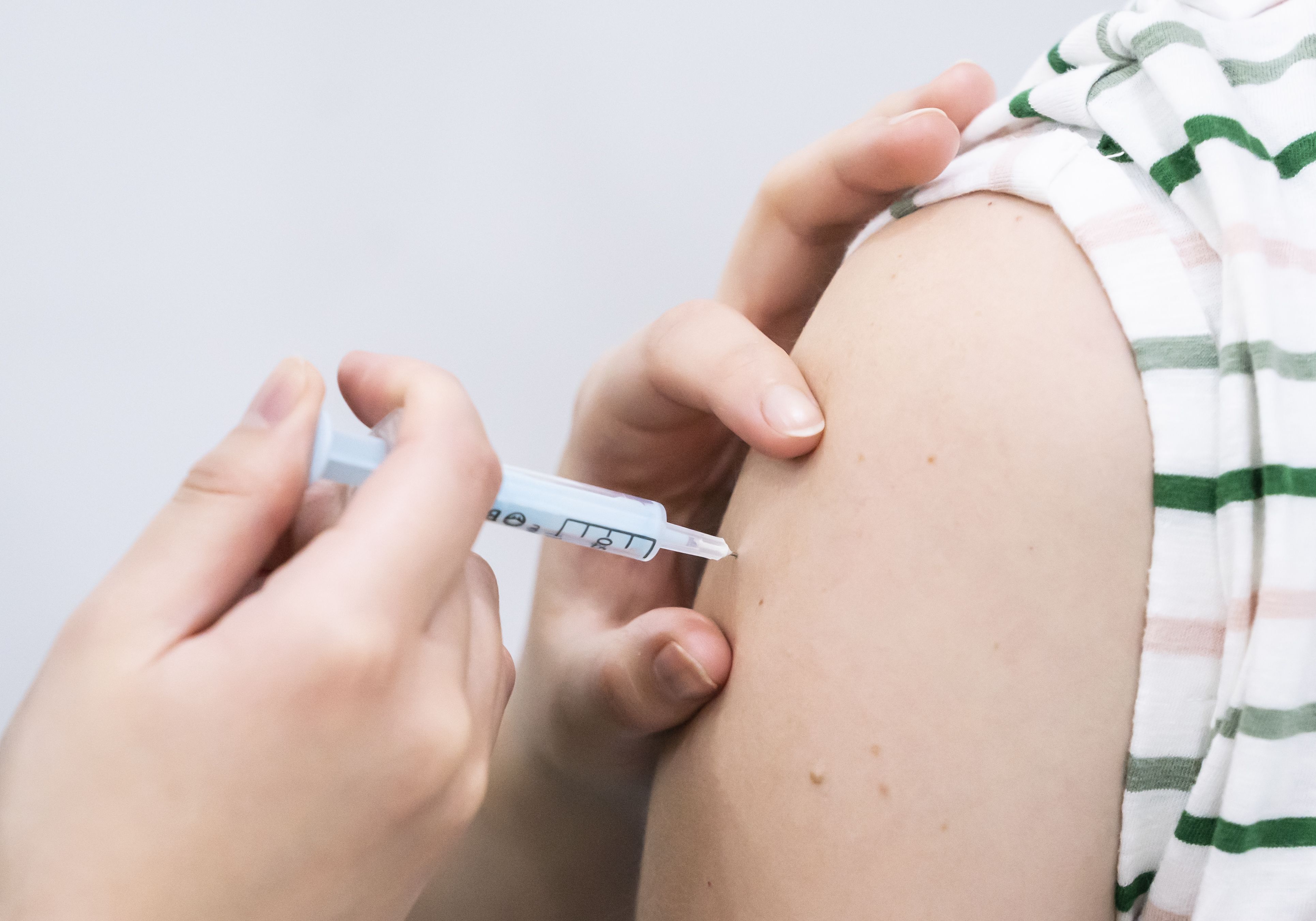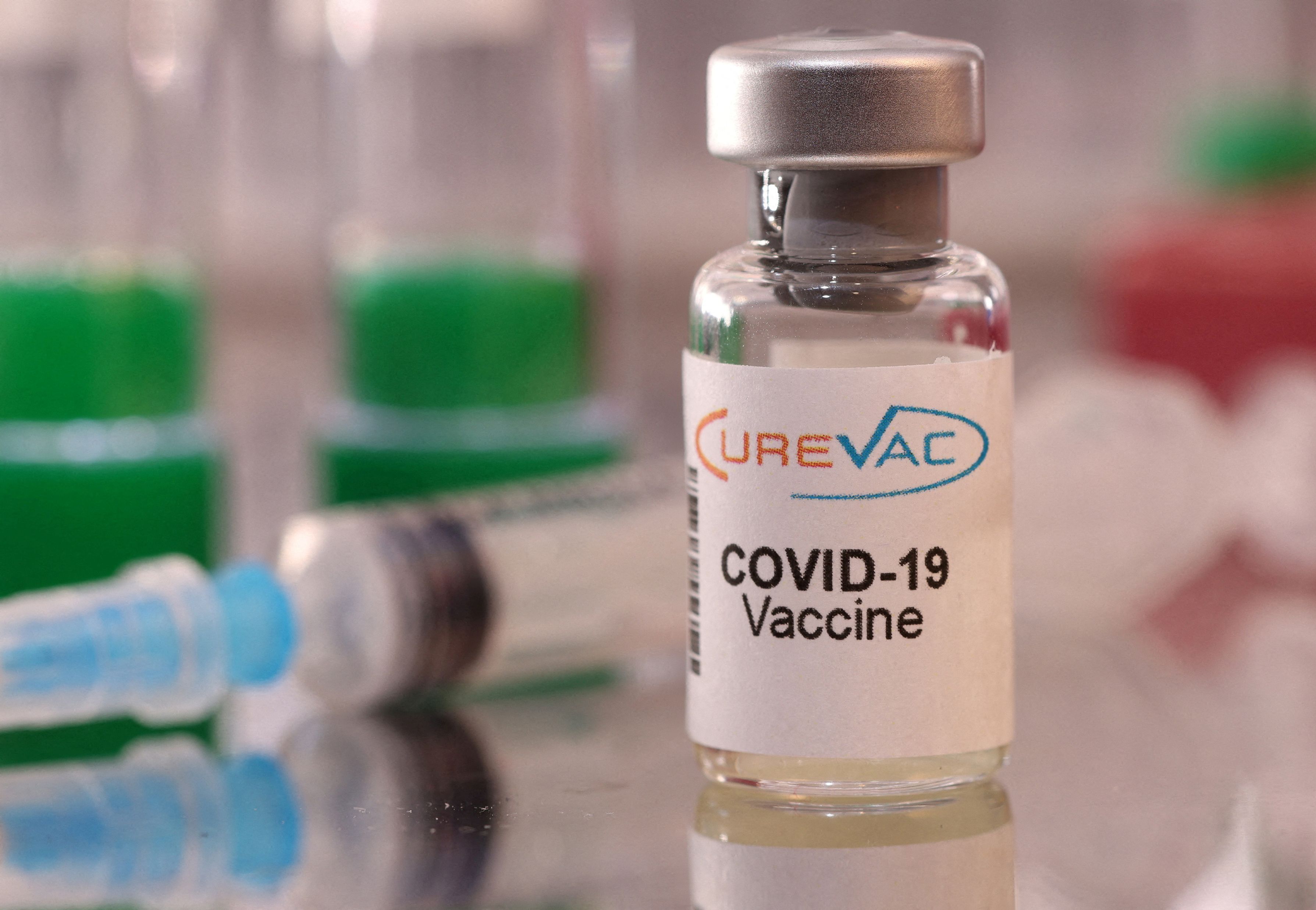Scientists are trying to develop a vaccine for common colds and have identified a “promising target” on the virus which causes Covid-19
Don't Miss
Most Read
Trending on GB News
It is hoped that a “pan-coronavirus” vaccine would offer some protection against new variants of the virus which causes Covid, as well a common colds.
Such a vaccine could provide some resilience if new coronavirus diseases emerge.
But developing this type of vaccine has proved difficult because there is a number of different coronaviruses, each with key differences which can mutate.
These mutations can reduce a person’s immunity from the virus, which leaves them vulnerable to reinfection – which is why people repeatedly have common colds and some have been infected with multiple different variants of the virus which causes Covid-19 – Sars-CoV-2.
And a vaccine which targets multiple coronaviruses would need to trigger antibodies in the body which recognise and “neutralise” a range of different coronavirus.
A new 'pan-coronavirus' vaccine could tackle the common cold
Danny Lawson
Now researchers from the Francis Crick Institute have identified a “promising” target for such a vaccine.
The scientists found a specific area of part of the Sars-CoV-2 virus – the “S2 subunit” of the virus’s spike protein – which could potentially be targeted to help develop such a vaccine.
The Francis Crick Institute said the S2 area of the spike protein has, until recently, been overlooked as providing a basis for vaccination.
But this part of a coronavirus has similarities across different types of coronavirus.
A Covid-19 vaccine
DADO RUVIC
Their study, published in the journal Science Translational Medicine, suggests antibodies which target this subunit appear to neutralise other coronaviruses.
The researchers found that after vaccinating mice with Sars-CoV-2 “S2”, the mice created antibodies that were able to neutralise a number of other animal and human coronaviruses.
These included the seasonal common cold coronavirus and the original strain of the virus which causes Covid-19 as well as the Alpha, Beta, Delta variants and the original Omicron, and two bat coronaviruses.
Kevin Ng, co-first author and PhD student in the Retrovirus laboratory at the Crick Institute said: “The S2 area of the spike protein is a promising target for a potential pan-coronavirus vaccine because this area is much more similar across different coronaviruses than the S1 area.
“It is less subject to mutations, and so a vaccine targeted at this area should be more robust.”
George Kassiotis, corresponding author and principal group leader at the Crick, said: “The expectation for a vaccine that targets the S2 area is that it could offer some protection against all current, as well as future, coronaviruses.
“This differs from vaccines that target the more variable S1 area which, while effective against the matching variant they are designed against, are less able to target other variants or a broad range of coronaviruses.
“There’s a lot of research still to do as we continue to test S2 antibodies against different coronaviruses and look for the most appropriate route to design and test a potential vaccine.”
Nikhil Faulkner, co-first author and PhD student in the Retroviral Immunology Laboratory at the Crick added: “While a potential S2 vaccine would not stop people being infected, the idea is it would prime their immune system to respond to a future coronavirus infection.
“This would hopefully provide enough protection to survive an initial infection during which they could develop further immunity specific to that particular virus.”
The researchers plan to continue their work looking at the S2 area of the spike protein and will examine how it could be integrated with currently licenced vaccines.










